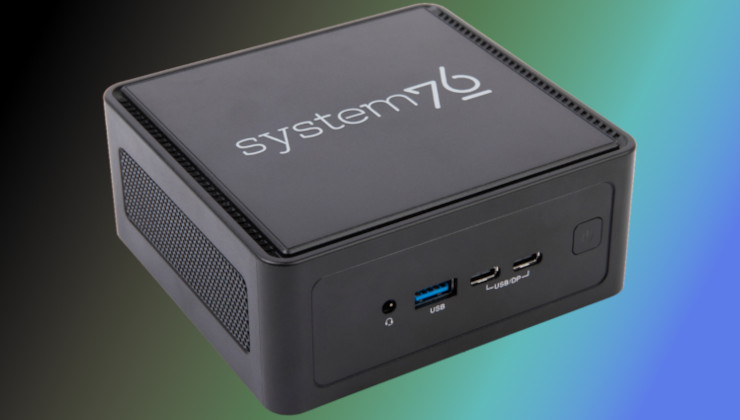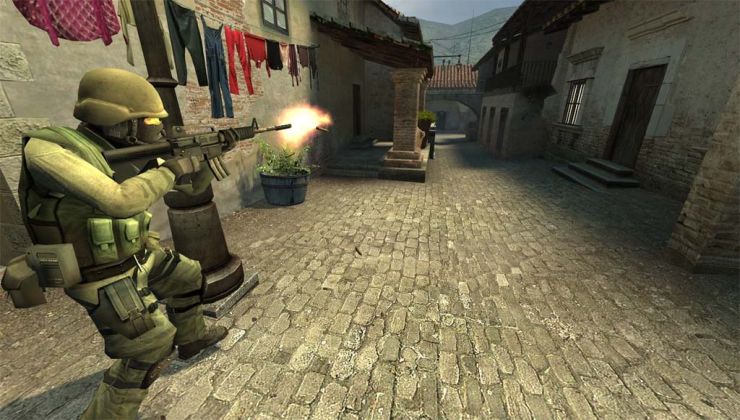Framework is the high-performance, thin and light notebook that's "designed to last" with modular components along with a commitment to make it easy to repair and upgrade.
It went up for pre-order back in May and it's now actually shipping out in batches, with dates depending on what configuration you order and when your order goes through with the next set being readied for shipping in October. One of the fun things is the Framework DIY Edition, which comes without an operating system and you get to build the laptop yourself. Framework emailed out today to mention how "There has been immense interest in this configuration, with it outselling pre-configured systems with Windows 10 by a wide margin" and that they've been working with developers of Fedora, elementary OS, NixOS, and Arch to make the Linux distros work nicely.
Linux support for the Framework Laptop was "decided from the start" and so they made sure to use components well supported with drivers available. However, there's a few parts that need very up to date Linux distributions to work with as they explained "Intel 11th Gen Core Processors, Intel AX210 WiFi (which is optional on the DIY Edition), and our Goodix-based fingerprint reader are the three items that require a newer kernel or packages than many distros currently ship" however everything else including "speakers, microphones, headphones, webcam, hardware privacy switches, keyboard media keys, ambient light sensors, and all of the Expansion Cards should work completely".
They also gave an overview of where a few distributions stand with it right now:
Ubuntu
Our hardware is too new for the Ubuntu 20.04 LTS release. In the meantime, we recommend using Ubuntu 21.04. This is recent enough to be fully functional out of the box with the exception of the fingerprint reader. You can follow the instructions provided by Davis_Ladd in the Community for guidance on how to get that working.
Fedora
Geoff Marr, Matthew Miller, and others at Fedora have been helping us get excellent support. Our WiFi is too new for the default Fedora 34 images, but if you can plug in external networking, you can update your packages to get a newer kernel and libfprint to get everything working including the fingerprint reader! An alternative is to download a Fedora 34 Respin image, which has these updated packages already. We expect Fedora 35 to be fully functional out of the box when it launches later this year.
Arch
Foxboron at Arch has a pre-production unit and is helping us with support there. You can check out the thread on the Framework Community and also the page on the Arch wiki for more detail.
You can also see their dedicated Linux Forum for more info.
An exciting idea that I really hope properly takes off with more companies.
However, seeing as my laptop is starting to get rather up there in age (heading towards 4 years), this is mighty tempting. The thing still works great, but a 6lb, 15.6" laptop (with fairly thick bezels) really isn't one that you want to take to different rooms of the house. So it ends up being a pretty stationary device.
Maybe I should wait for one more refresh of the device...
Sorely tempted... but... I just bought two laptops - and - I'd really prefer an AMD option...Same same. I wish they would also offer a 2-in-1 solution á la Surface Pro, with AMD hardware of course!
Maybe some day in the distant future... 🙄
Can we replace the windows 'super key' :)I usually hide mine with a small Debian swirl logo sticker!
The only thing. The normal edition mentions bluetooth, but the DIY edition does not. Hopefully just a typo.
I really like the "expansion card" idea, even if it's just a USB hub, the implementation has potential. I will say the card options are a little underwhelming, 2 USB sticks and a few adapters. Especially since you have to pay extra for them when that stuff is standard on most laptops. Hopefully they expand the line up. I'd love to see an Ethernet adapter, old VGA, multi usb C, etc.
Definitely saving up for this one.
I really admire what they are doing and their engineering seems very impressive and captivating, I would love to buy their stuff at some point.
I guess the biggest question is would I select a System76 or a Frame.work, they both have similar sheek aluminum chassis and appear to be well built.
Last edited by ElectricPrism on 2 Sep 2021 at 1:40 am UTC
Can we replace the windows 'super key' :)I don't know about that! I use mine daily on Linux. I got used to Super windows + E for explorer when I have to use Windows for work now super key + E opens Thunar. Super + X opens a Terminal.
How about replace it with the O Shit key? Which someone gave me as a joke but its not a functional key.
3:2 is a big plus.
Sorely tempted... but... I just bought two laptops - and - I'd really prefer an AMD option...At least it is not Nvidia. This means graphics drivers are always up to date.
Sorely tempted... but... I just bought two laptops - and - I'd really prefer an AMD option...
Personally, I don't trust laptops for these reasons:
https://0bin.net/paste/q6VLgTar#i88QuidQS-7DQQ1kedFyFYVUmnUBFt8Zsnf4E3QcyPO
Laptops are kept in direct contact with our lap. Its undersides emit 40- 100 milliGauss EMF, which is 40X to 100X higher than the standard limit of EMF exposure. The EMF exposure on a limited part of the body makes it more hazardous.
I know many people have a blind belief that RF-EMF is harmless or unimportant. But the independent studies of the top scientific teams tell a different story.
What is stopping you to use a laptop over a table?
Also, instead of buying a laptop, you can buy a notebook.















 How to set, change and reset your SteamOS / Steam Deck desktop sudo password
How to set, change and reset your SteamOS / Steam Deck desktop sudo password How to set up Decky Loader on Steam Deck / SteamOS for easy plugins
How to set up Decky Loader on Steam Deck / SteamOS for easy plugins
See more from me